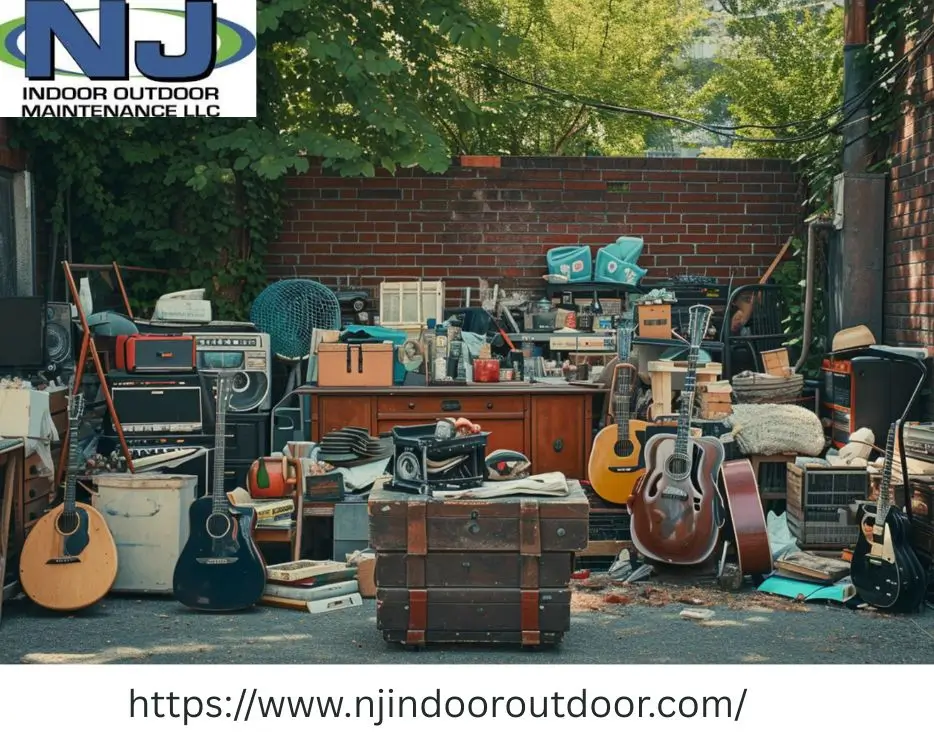.avif)
Whether you’re tackling a home renovation, clearing out old clutter, or managing a construction project, renting a dumpster can make waste removal efficient and hassle-free. But with different sizes, pricing structures, and rental terms, it’s easy to get confused about which dumpster best fits your needs.
This Ultimate Dumpster Rental Guide walks you through everything you need to know — from choosing the right size to understanding regulations — so you can rent confidently and avoid common pitfalls.
The first step to a successful dumpster rental is understanding the scope of your project. Ask yourself:
Residential cleanouts, landscaping jobs, and major renovations all have different requirements. Taking time to estimate your waste volume ensures you choose the right dumpster size and avoid unnecessary costs.
Dumpster sizes typically range from 10 to 40 cubic yards. Here’s a quick breakdown:
Choosing the correct size prevents overfilling and ensures your project runs smoothly without additional fees.
Not all materials are allowed in dumpsters. Most rental services accept:
However, hazardous materials such as paint, oil, chemicals, tires, and batteries are typically prohibited. Always confirm with your provider to avoid fines or safety issues.
Before your dumpster arrives, ensure there’s a clear, flat surface for delivery. Driveways or accessible construction areas are ideal. Keep in mind:
Proper planning prevents delays and ensures safe, easy disposal access.
Each dumpster size has a specific weight limit, usually measured in tons. Exceeding that limit can lead to extra charges.
To stay within limits:
A little awareness can save you from costly surprises on your final bill.
When your project wraps up, contact your rental provider for pickup. Many companies offer flexible schedules to match your timeline.
Be sure to:
This ensures a seamless end to your rental and helps avoid unexpected costs.
Not all dumpster rental services are priced the same. Before committing, compare quotes based on:
Transparent communication with your provider helps you understand the total cost — and keeps your project budget on track.
Whenever possible, separate recyclables and donatable items before tossing everything in. Many dumpster services partner with recycling facilities to divert waste from landfills.
This simple step not only helps the environment but may also lower your disposal costs.
Renting a dumpster is one of the smartest ways to handle large-scale cleanups — but success comes down to preparation and awareness.
By choosing the right size, following local regulations, and communicating clearly with your rental provider, you can keep your project efficient, affordable, and eco-friendly.
“The right dumpster doesn’t just hold your waste — it helps keep your project moving forward.”
.webp)
.webp)
